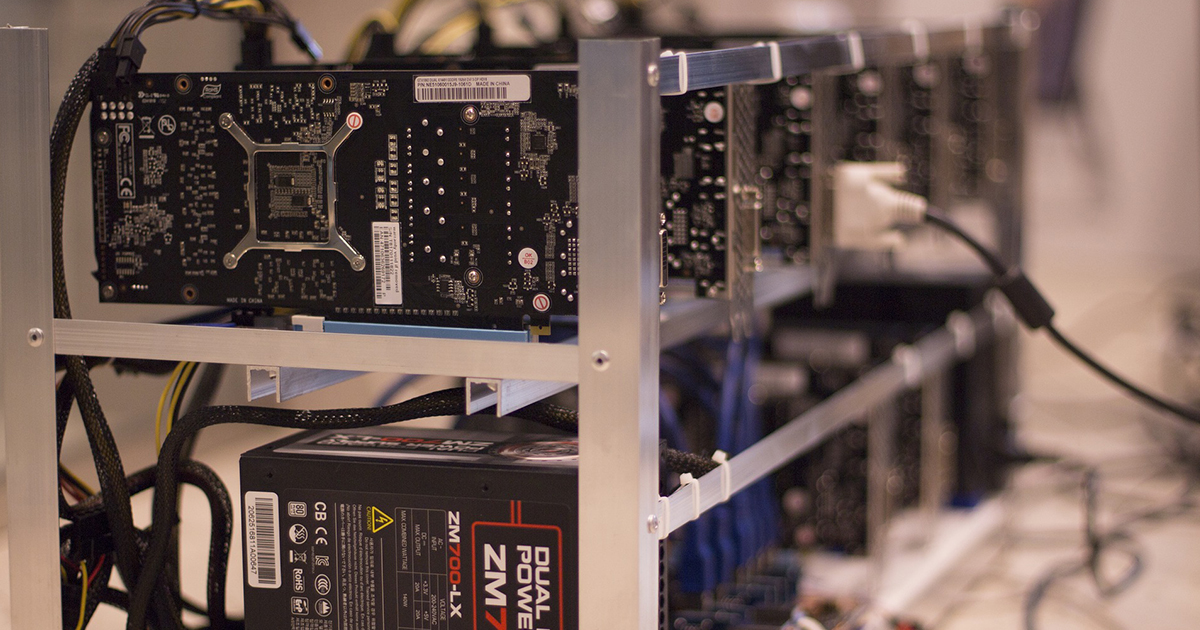The International Association of Game Developers (IGDA) has issued a statement on the use of blockchain by gaming companies. Experts called for reducing the use of NFT and doing other ways that require less energy and do not have as much impact on the environment.IGDA published a statement last week, but the network has only noticed it now.
In the text, the Association asks developers to think about the increased energy consumption due to the spread of the blockchain.
“NFTs should not be used if simpler and much less expensive database tables can be used to provide the same information and provide a similar effect,” the IGDA statement says.
Experts urge to abandon the use of the Proof-of-work (PoW) principle in favor of the Proof-of-stake (PoS) proof-of-ownership algorithm. The latter, according to experts, is much more energy efficient.
The PoW algorithm is a classic version of mining, used, for example, in Bitcoin. With the help of it, the network node will check the completed calculations of the miner, and users compete with each other in computing power for mining and issuing new coins. In contrast to this method, when using the PoS algorithm, the mining power is determined by the number of coins at the disposal of the network user.
Each of these methods has its pros and cons. However, PoW is really much more resource-intensive. Sometimes more energy is spent on mining cryptocurrencies using this algorithm than individual small countries consume.
“Although the gaming industry promotes advanced technologies and quickly implements them into its projects, we should not consider inefficient methods in terms of energy consumption as a solution to the problem,” IGDA believes.
The appeal also talks about the problem of hidden mining on devices without the knowledge of users. According to IGDA, any company should warn about the presence of such actions and not hide information about it in the user agreement. The Association believes that secretly using someone else’s energy and devices to meet their goals is simply unethical.

